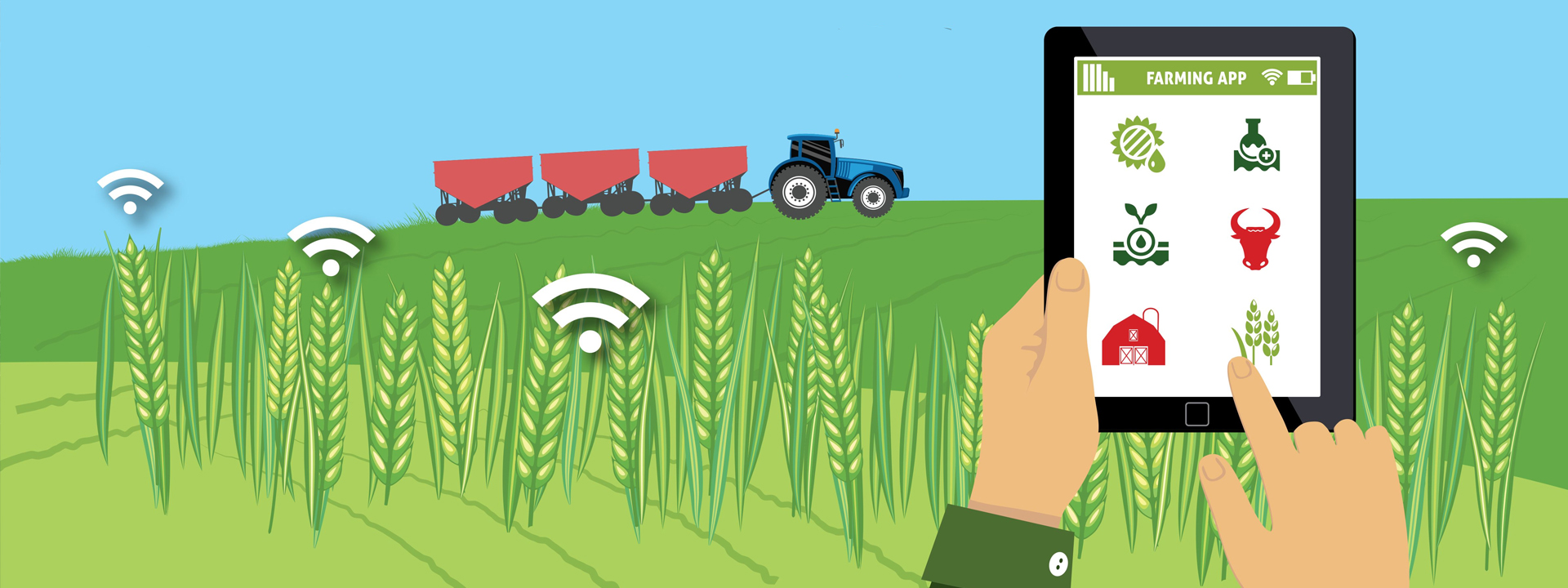
Rural Development - is a field of study that uses principles of both economy and geography. This course will investigate various dimensions of rural development, bearing in mind the relationship between rural and non-rural spheres. It will equip the learners with the necessary skills required to thrive in rural development careers. The main objective of this course is to train learners to become specialists in integrated rural development and focus on socio-economic and institutional aspects both in developed and developing countries.
- Teacher: Md. Salman Sohel
